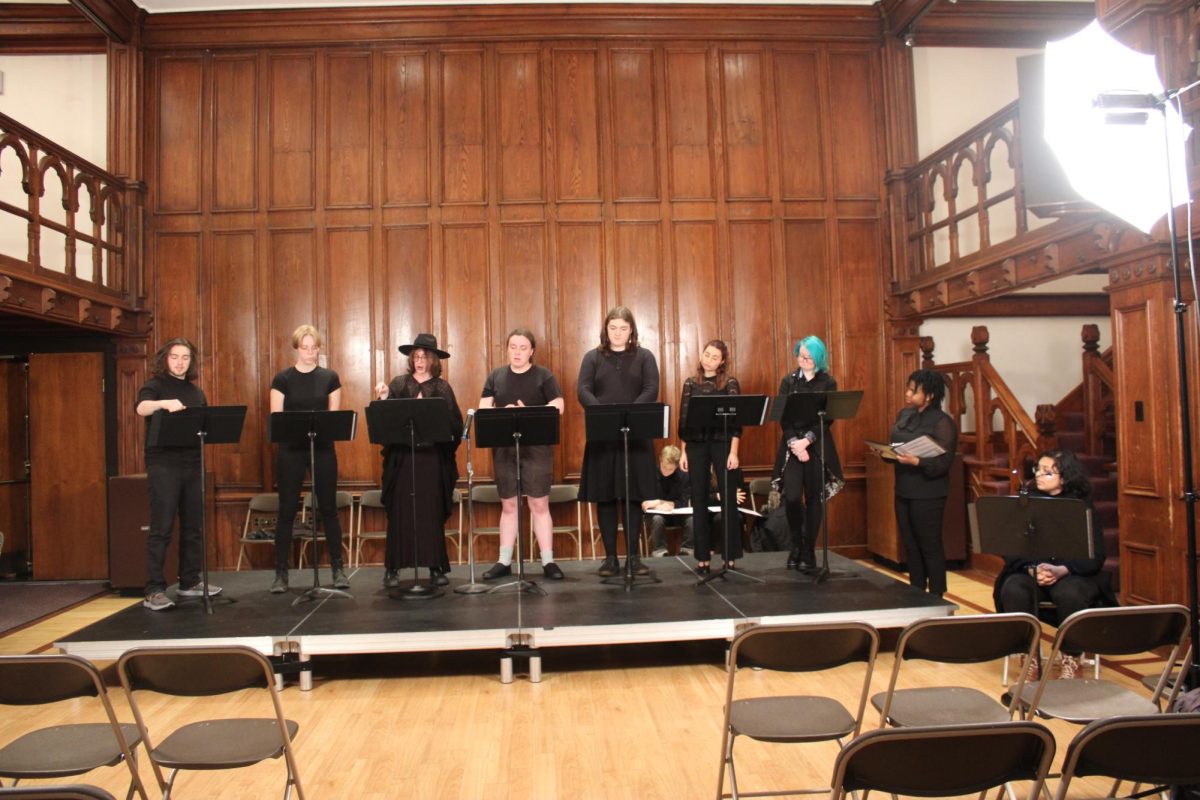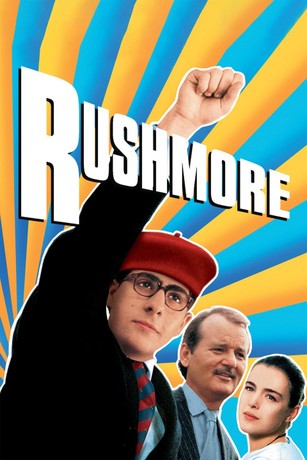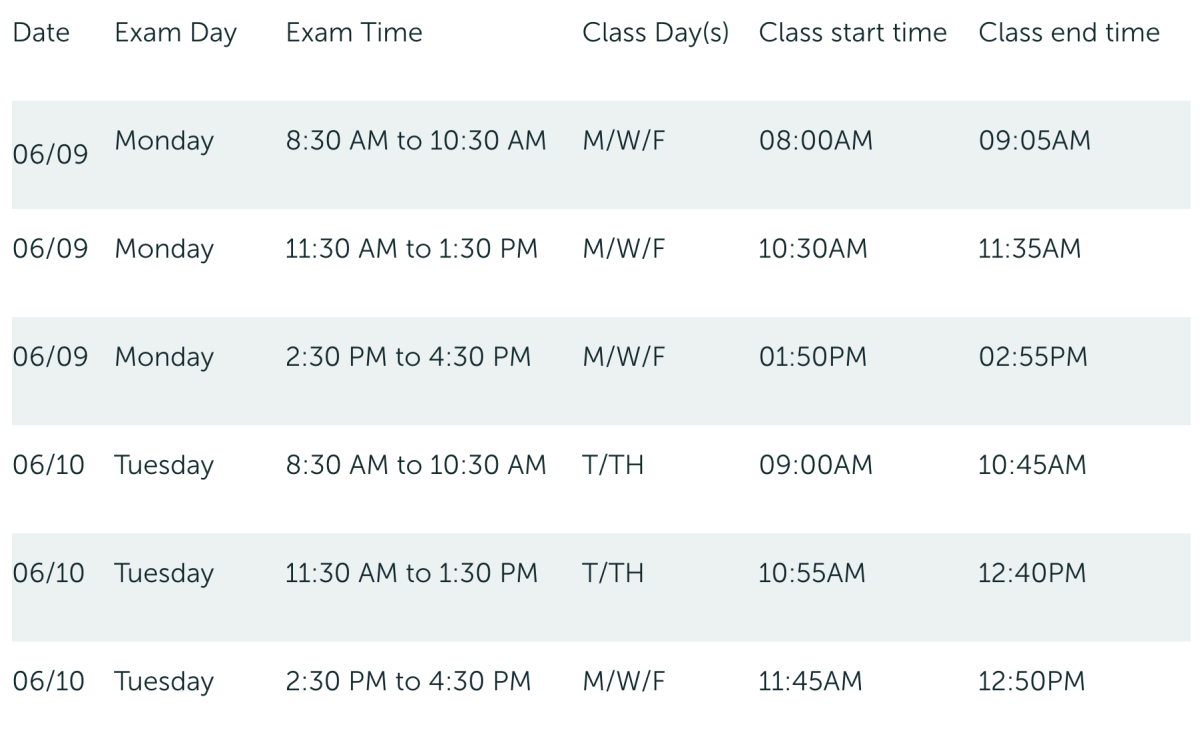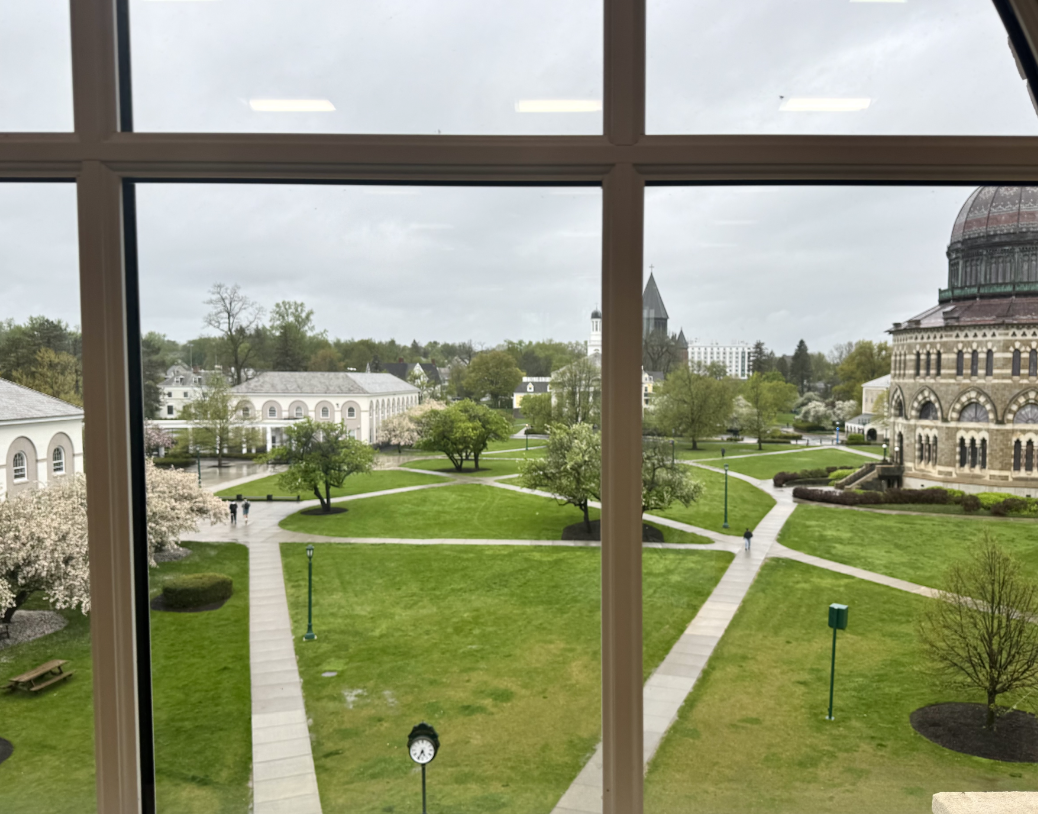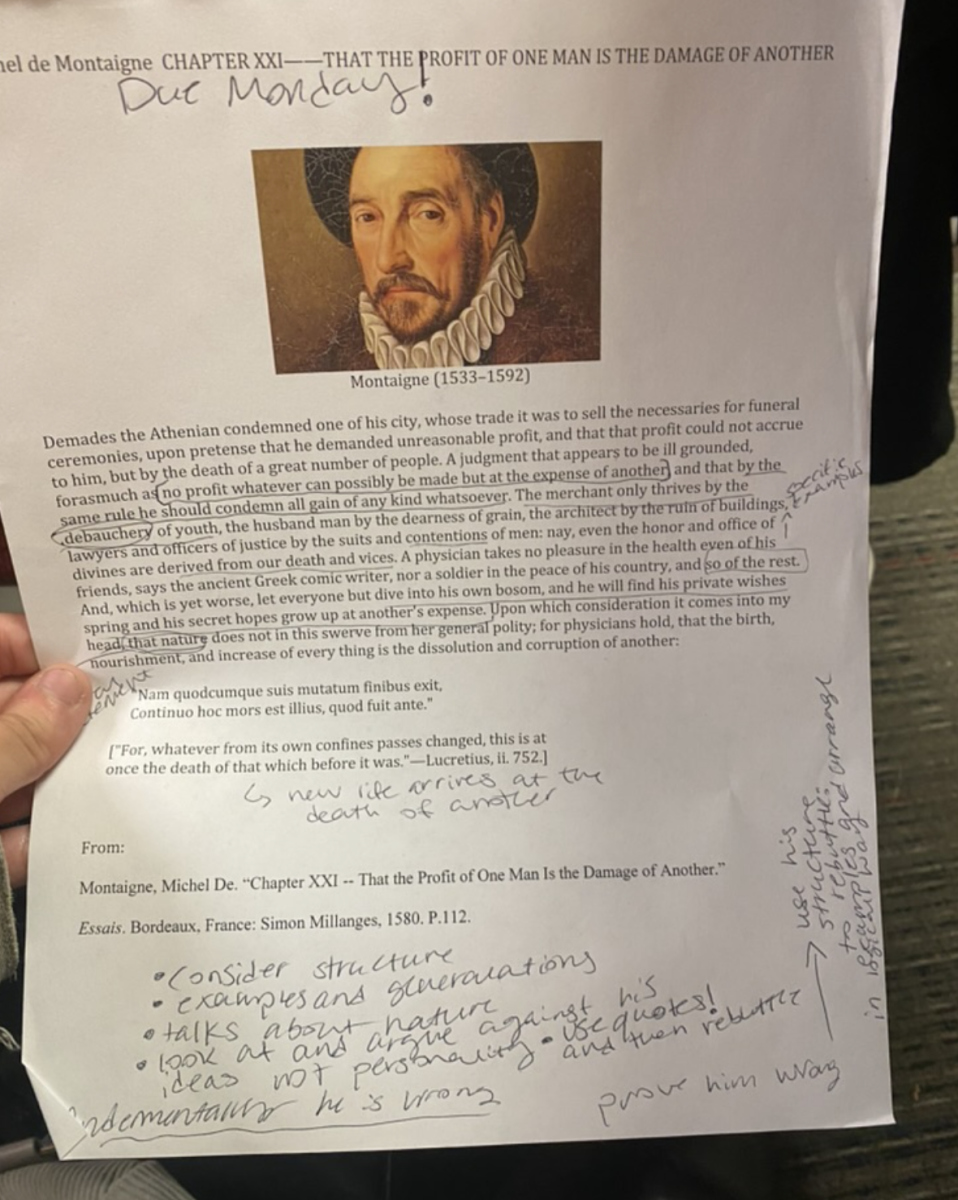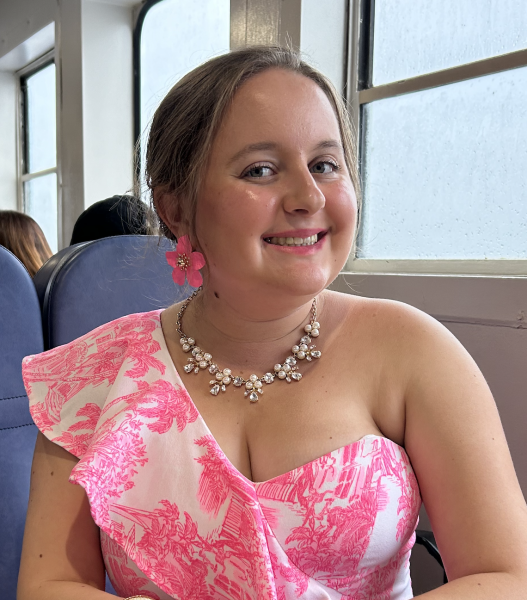Last week, Union’s Department ofTheater and Dance held their Win ter Reading Series in Old Chapel. This consisted of stage readings of Pride and Prejudice and Everybody. I saw Sunday’s 2 PM performance of Everybody, written by Branden Jacobs-Jenkins, and I really appreciated the unique experience that was created from the combination of the stage reading format and storytelling style.
The setup of Everybody had actors sitting in chairs at the back of the stage, with Ashlesha Baghat ‘26 sitting in front of the stage describing scenes for the audience and giving stage directions. Music stands were lined up on the front of the stage, and actors would walk up to the stands during their scenes. This simple setup for a stage reading made it easier to show the changing of scenes without the use of complicated stage directions.
At the beginning, the Usher, Jolita Brettler ‘25, explained the history of the play. Everybody, written by Branden Jacobs-Jenkins, was a modern adaptation of a medieval christian play called Everyman, which itself was an adaptation of a Buddhist story. Brettler, who also plays the roles of God and Understanding later in the play, gave an amazing performance in all three roles. The Usher spoke directly to the audience, reminding us to silence our cellphones. The Usher then is possessed by God, who is angry with how humans have lived their lives. Brettler’s range from
funny, friendly Usher to a raging, vengeful God was impressive and fun to watch.
The content of the play as a whole dealt with concepts of death, society, and love, and the characters were physical representations of concepts. For example, the main character, played by Lilian Ruggieri ‘25, is Everybody, a representation of the shared experiences of every person. This particular storytelling style, coupled with the stage reading format, made Union’s Everybody unique.
The main storyline was a series of dreams that Everybody was having. In these dreams, Everybody was summoned by Death (Aspen Morris, ‘25) to basically justify her existence to God in a presentation about her life and how she lived it. Everybody begs Death to let her bring someone with her to the afterlife, so that Everybody won’t have to face God alone. Everybody goes to Friendship (Brian Rusk ‘25), Family (Brendan Cullen ‘25), Kinship (Ysabela Paneto ‘26), and even the physical manifestation of her belongings, Stuff (Isobel MacKinnon ‘23). In a series of conversations that describe the general relationships that most people have with these concepts, Everybody is rejected by each.
Between some scenes, actors sitting at the back of the stage would comment on the main character’s dream, as Everybody’s friends. Their conversation starts with the friends trying to understand
Everybody’s dream, but it devolves into arguments about racism, Everybody’s boundaries, and who was and wasn’t a “good friend” to Everybody. By the end of their conversation, Everybody’s friends all agree that her dreams are a sign that she’s really dying, and that she has to
come to terms with that on her own.
In my favorite scene in the play, Everybody, feeling enraged and abandoned, rants about how unfair and hateful the world is, until she is interrupted by Love, played by Hestia Doud ‘25. Love scolds Everybody, accusing her of ignoring Love. She orders Everybody to run around the entire room yelling that Everybody is sorry, that her body is just flesh, that ultimately she has no control over anything. Ruggieri’s performance in this scene perfectly portrayed Everybody’s disillusionment, exhaustion, and then finally freedom from her obsession with controlling her life and future. Only after this (the part where I started crying) does Love agree to join Everybody in facing God.
When Death returns to collect Everybody, the cast returns to represent each thing Everybody loses as she dies. Strength (Cullen) is the first to go, followed by Beauty, played by Jerome Anderson ‘26.
Senses (MacKinnon) and Mind (Paneto) leave, and Everybody becomes blinded. Understanding (Brettler) promises to stay with Everybody for as long as possible. At the last second, Evil (Rusk) dashes to Everybody, insisting that he join her. Everybody protests to no avail, and Death sends her off to see God, accompanied only by Love and Evil.
This is the one part where I couldn’t follow the moral of the play. If Evil accompanies you to the afterlife, why not all the good you’ve done? According to Wikipedia, Branden Jacobs-Jenkins chose Love to take the place of Good Deeds, which the original play from the 15th century used. I would understand if Branden Jacobs-Jenkins added Love because he thought it was more important than Good Deeds, but if he’s trying to pass off Love as a direct opposite to Evil, I simply can’t agree. However, some christian themes might be lost on me, as I am not particularly knowledgeable on how the Church feels about these concepts.
I thought the performance as a whole was great. It was deeply existential, and commented on some of the best and worst parts of the human experience. However, some of the cast had a difficult time with the stage reading format. Aspen Morris commented that she “hope(s) we end up getting to do a full version of it.” She said multiple parts of the script were difficult to portray well, due to the limits of what can be done in a stage reading. I agree that a full production could add a lot to the play, and I’d love to see that. In credit to the stage reading, a lack of movement and scenery let the audience focus solely on the moral of the play, which was inarguably the most important part. Altogether, I think Union’s Theater and Dance Department did a wonderful job with Everybody, and I can’t wait to see what they do next.


